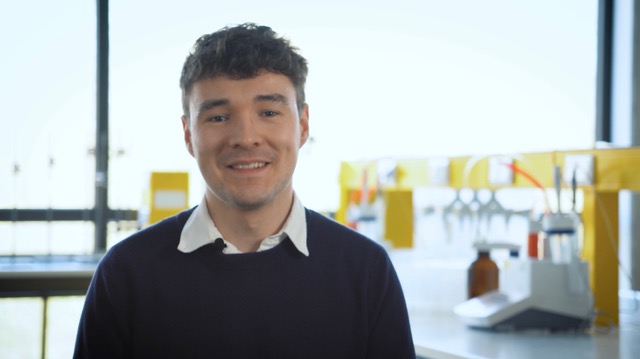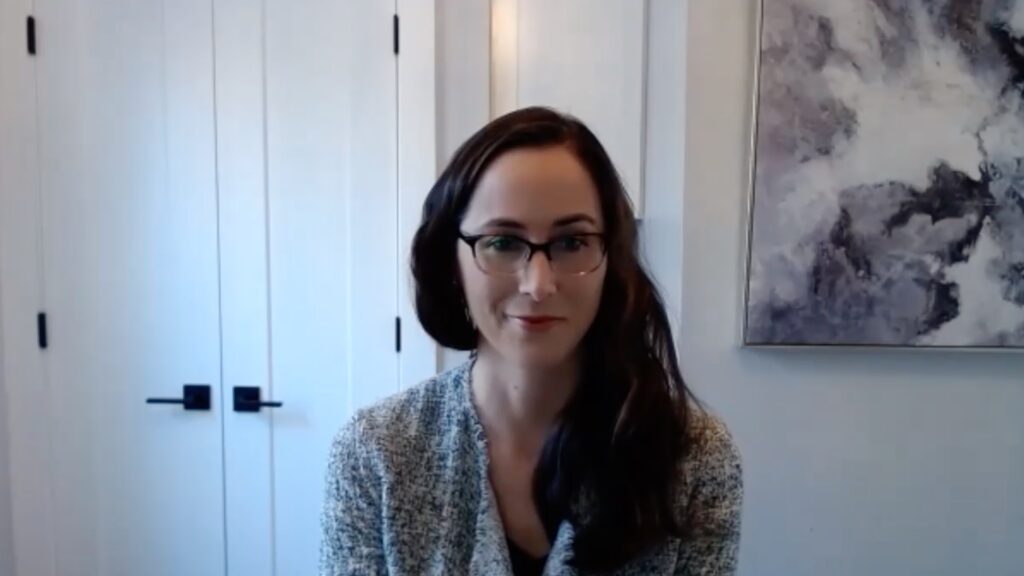Airway Diseases
An Introduction to Airway Disease
The incidence of respiratory allergies is increasing, particularly in industrialized areas. Allergic inflammation can occur in both the upper and lower airways, and can differ substantially in intensity. Traditional drug therapy such as antihistamines, corticosteroids, anticholinergic agents and leukotriene inhibitors is important in reducing and preventing symptoms and is essential in acute use. More recent therapies including anti-immunoglobin E (IgE) therapy, anti-interleukin (IL) monoclonal antibodies, and phosphodiesterase 4/phospholipaseA2 inhibitors, have improved outcomes. However, in order to develop more effective therapies, further research is needed into the molecular mechanisms underlying respiratory allergy onset, particularly in terms of intracellular reactions and the cytosolic Ca2+ balance.
Browse our selection of video highlights and short articles from the conference hub, providing insights into the latest updates from major conferences and a selection of peer-reviewed articles from the journal portfolio.
Our supporting partners do not constitute an endorsement of the content on this page.

In this Future Leaders interview, Dr Alexander Mathioudakis discusses his pioneering work in precision medicine for airway diseases, with a focus on COPD. He explains how his research is uncovering novel biomarkers, like eosinophil trajectories, to guide treatment decisions and improve outcomes. Dr Mathioudakis also shares insights on balancing innovation with evidence-based practice and offers valuable advice for early-career clinicians pursuing academic careers in respiratory medicine.
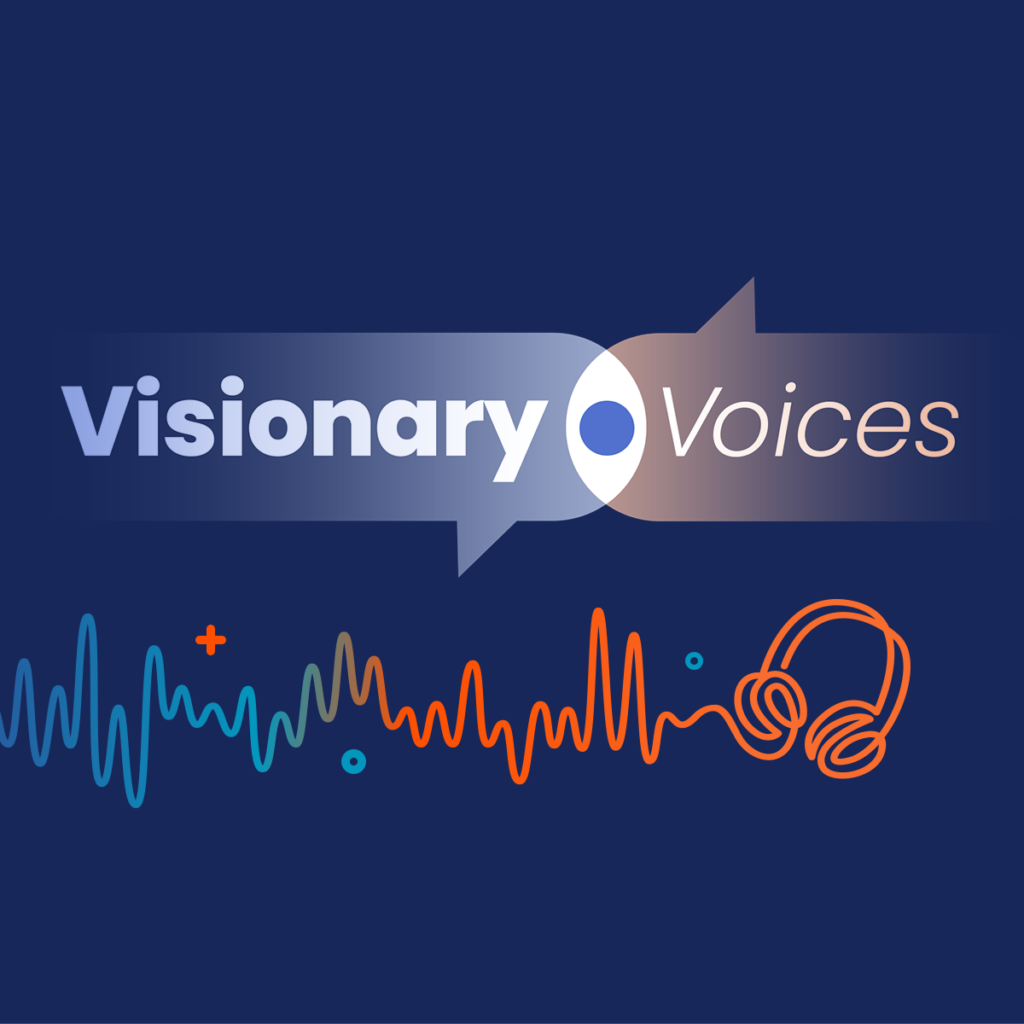
Physician burnout is at a critical point. In this episode, Nicky speaks with Dr Alfred Atanda about why so many physicians are burning out and what can be done to change the trend. From personal experience to system-wide solutions, Dr Atanda shares valuable insights on improving physician well-being and building a more effective healthcare culture.

In this episode, we explore the future of continuing medical education (CME) with the team behind touchIME. Hannah Fisher and Matthew Goodwin share insights into global and US trends, the importance of patient inclusivity and how educational outcomes are evolving to better measure the direct impact of learning on clinical practice and patient care.
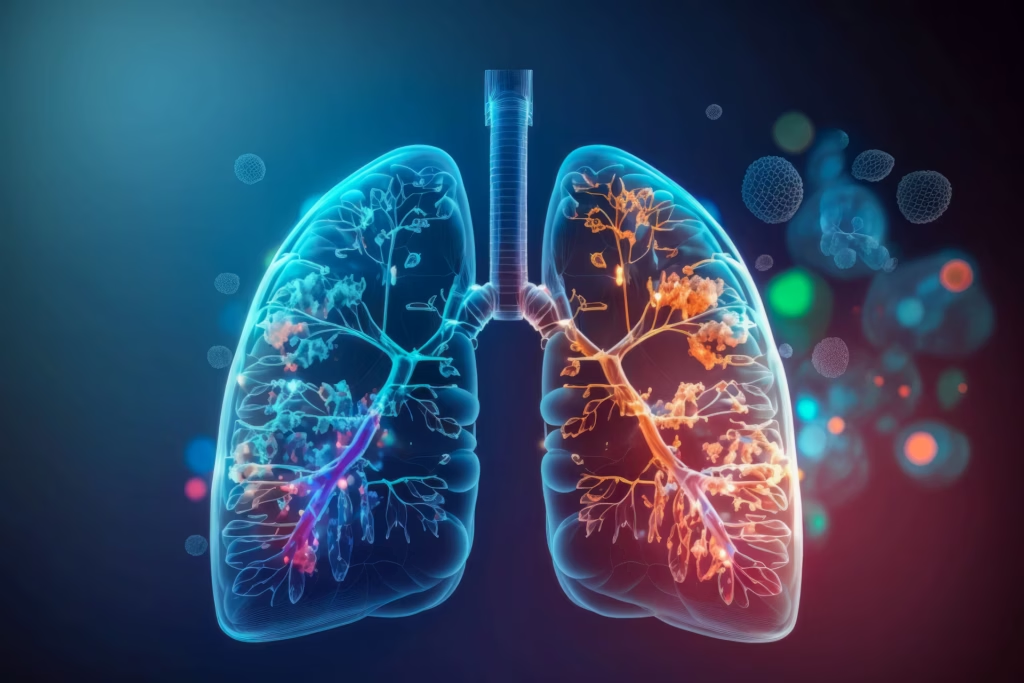
The current treatment landscape for severe asthma faces major challenges despite biologic advances targeting type 2 inflammation. Current biomarkers like BEC and FeNO inadequately predict treatment response. To optimize precision medicine, improved molecular phenotyping and novel non-invasive biomarkers are urgently needed to better identify asthma endotypes and guide therapy.
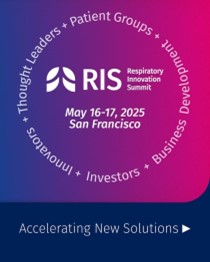
We are excited to welcome you to San Francisco for the ATS 2025 International Conference! Leaders, as well as emerging scientists and clinicians, who are at the forefront of medical breakthroughs and clinical innovation in pulmonary, critical care and sleep medicine will gather for networking and inspiring talks.
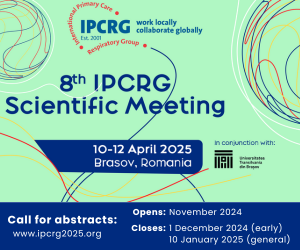
The International Primary Care Respiratory Group (IPCRG), is proud to host the 8th IPCRG Scientific Meeting in Brașov, Romania, on Friday 11 and Saturday 12 April 2025. This event, in partnership with the RespiRO team and the Transilvania University of Brașov promises to bring together researchers, innovators, and industry leaders to advance respiratory care in primary health settings.
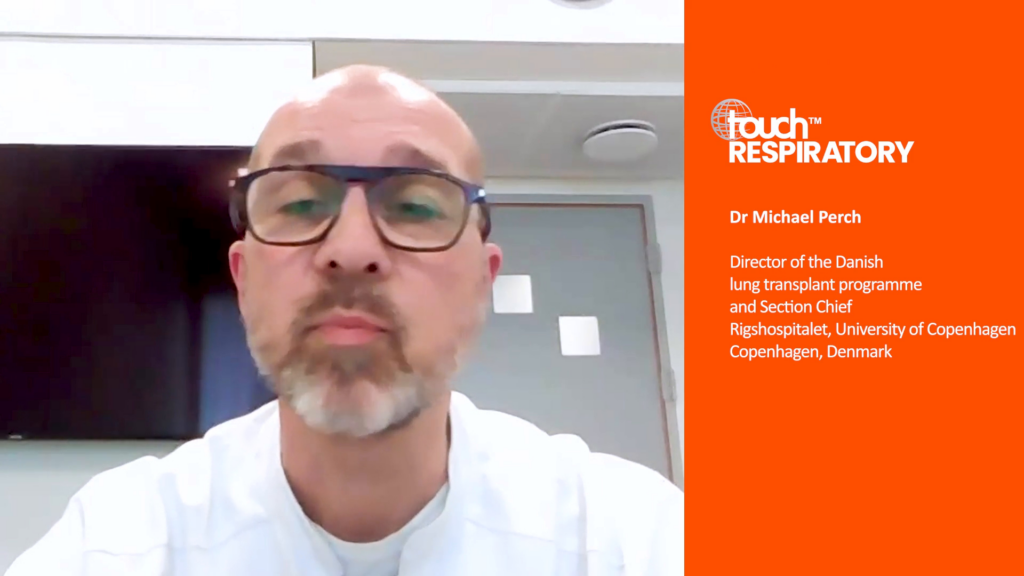
Three experts discuss the pathogenesis, diagnosis and treatment for bronchiolitis obliterans syndrome (BOS).





The nasal airway serves as the primary entry point of air and oxygen into the body. It serves critical functions, such as providing a physical barrier against external irritants and pathogens and warming and humidifying incoming air.1 Consequently, disorders of ...

Pulmonary alveolar proteinosis (PAP) is a rare pulmonary syndrome with a prevalence of approximately seven cases per 1 million individuals.1,2 PAP affects people of all age, sex, race and socioeconomic status. Based on the largest population studies conducted in the United ...
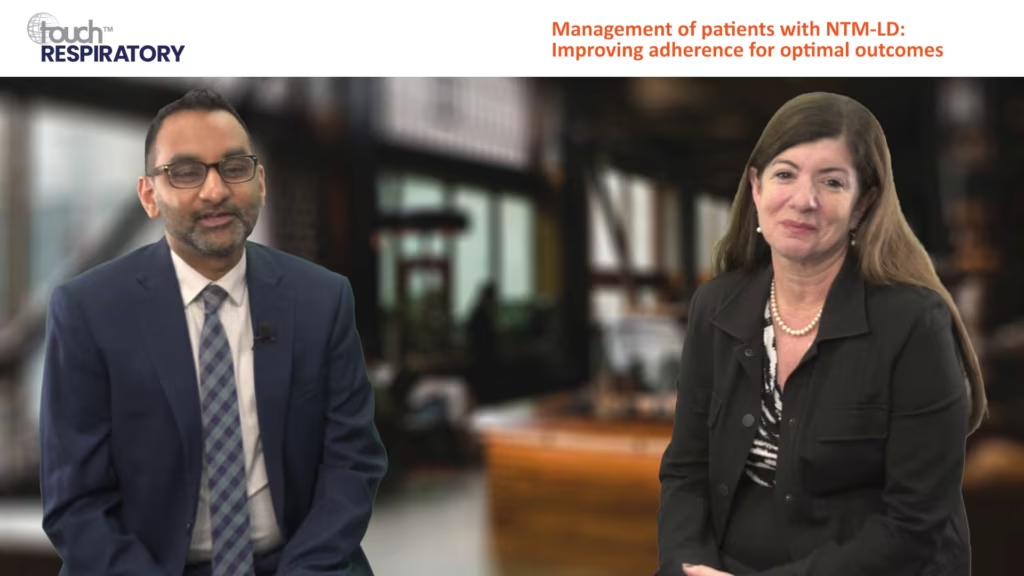
Watch expert pulmonologists discuss how to optimize the diagnosis and management of patients with NTM-LD
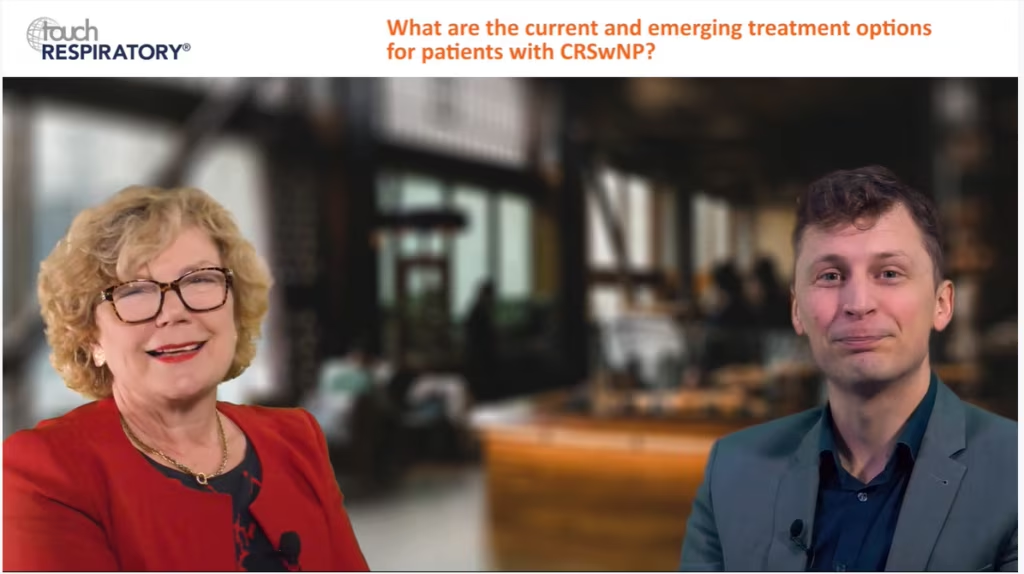
Watch ENT specialists discuss key considerations in optimizing the management of patients with CRSwNP.






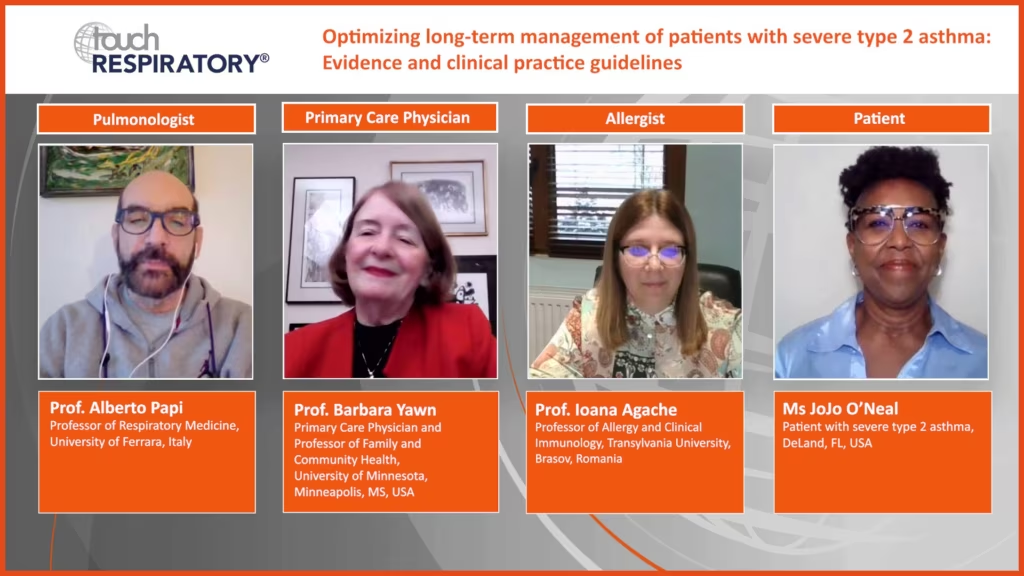
MDT specialists, plus a patient with severe asthma, discuss the disease burden and the role of biologics in the long-term management of severe T2 asthma






Latest articles videos and clinical updates - straight to your inbox
Log into your Touch Account
Earn and track your CME credits on the go, save articles for later, and follow the latest congress coverage.
Register now for FREE Access
Register for free to hear about the latest expert-led education, peer-reviewed articles, conference highlights, and innovative CME activities.
Sign up with an Email
Or use a Social Account.
This Functionality is for
Members Only
Explore the latest in medical education and stay current in your field. Create a free account to track your learning.






